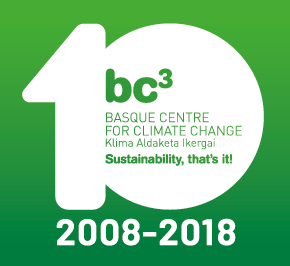Ainhoa Magrach, Juan P. González-Varo, Mathieu Boiffier, Montserrat Vilà & Ignasi Bartomeus (2017) Honeybee spillover reshuffles pollinator diets and affects plant reproductive success. DOI: https://doi.org/10.1038/s41559-017-0249-9
Abstract
During the past decades, managed honeybee stocks have increased globally. Managed honeybees are particularly used within mass-flowering crops and often spill over to adjacent natural habitats after crop blooming. Here, we uniquely show the simultaneous impact that honeybee spillover has on wild plant and animal communities in flower-rich woodlands via changes in plant–pollinator network structure that translate into a direct negative effect on the reproductive success of a dominant wild plant. Honeybee spillover leads to a re-assembly of plant–pollinator interactions through increased competition with other pollinator species. Moreover, honeybee preference for the most abundant plant species reduces its seed set, driven by high honeybee visitation rates that prevent pollen tube growth. Our study therefore calls for an adequate understanding of the trade-offs between providing pollination services to crops and the effects that managed pollinators might have on wild plants and pollinators.


